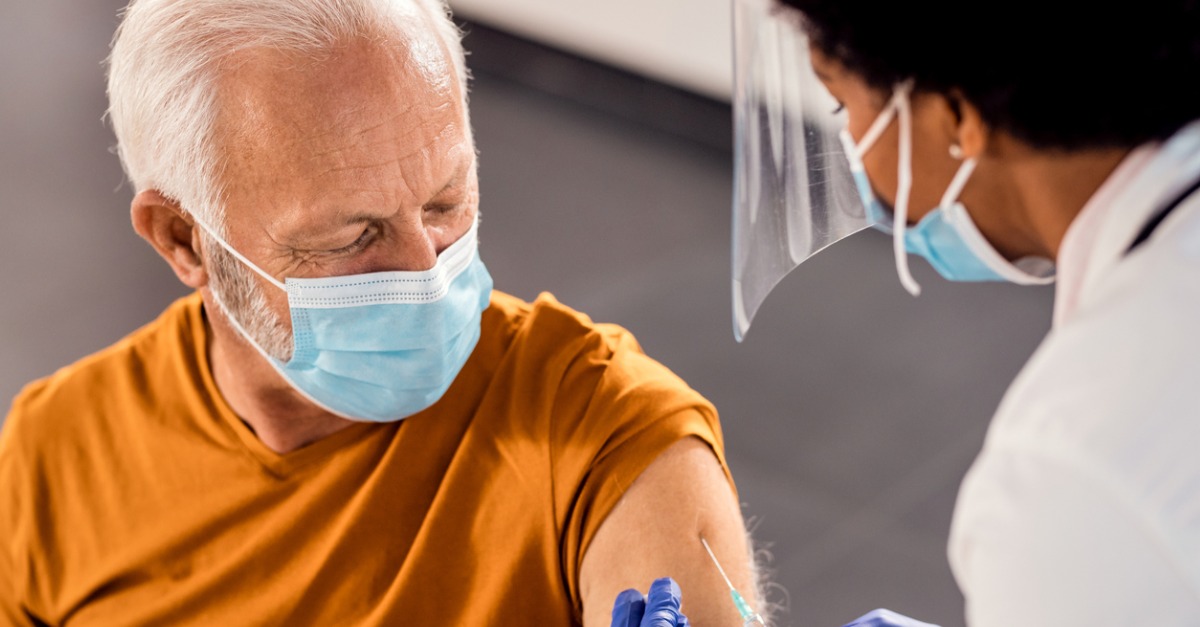Though millions of Americans have now successfully received a COVID-19 vaccine, many are still worried about its safety.
In our last blog, we shared the benefits of being vaccinated. And ever since, we have uncovered new information that highlights the positive aspects. But we take your concerns seriously and want to address a couple of them in order to explain why current coronavirus vaccines are safe.
Concern: The COVID-19 Vaccines Were Rushed
Vaccines for the coronavirus were made available more quickly than others have been before. As Medical News Today explained in December 2020, “Creating a vaccine in under one year is no small feat.” The fastest vaccine created before this — for the mumps — took four years to develop.
But in truth, scientists have been researching this type of virus and the messenger RNA (mRNA) technology that can defeat it (upon which the Pfizer and Moderna vaccines are built) for decades. Which means our current scientists had valuable data on the virus’s makeup, life cycle, and effective treatment over a much longer period of time. This has made it easier to defeat more quickly.
“Research that followed in the wake of other devastating outbreaks, such as SARS, MERS and Ebola,” The Chattanooga Times Free Press explains, “helped lay the foundation for a COVID-19 vaccine so that the vaccine developers weren’t starting from scratch.”
So, while the specific vaccines for COVID-19 seem to have been produced over a rapid, one-year timeline, they are based on research and development that extends back much longer.
Concern: Side Effects from the Vaccine are Harmful
As more people began getting vaccinated this summer, news outlets reported some individuals experienced or died from resulting blood clots. The human loss was deeply tragic, and understandably caused a temporary pause in distribution.
But since then, it’s been determined that these side effects are extremely rare. How rare? The CDC currently reports they occur at a rate “of about 7 per 1 million vaccinated women between 18 and 49 years old. For women 50 years and older and men of all ages, this adverse event is even more rare.”
Put that into perspective: in 2015, The Las Vegas Review Journal reported that the odds of being struck by lightning in your lifetime are 1 in 12,000.
You may still be wary of the other physical side effects you’ve heard the vaccine might cause, including temporary muscle pain, fever, cough or congestion, and fatigue. But as of July 6, 2021, Healthline has asserted: “Experts say that the mild and rare side effects from COVID-19 vaccines are nowhere near as serious as the potential damage the disease itself can cause.”
Assurance: Safety in Numbers
If you’re still unsure, check in with your neighbors, family, and colleagues who have been vaccinated. Hearing their stories may provide comfort and courage.
For example, Paul Goepfert, M.D., director of the Alabama Vaccine Research Clinic at the University of Alabama at Birmingham assured UAB News just this month: “. . . because we have had so many people vaccinated, we actually have far more safety data than we have had for any other vaccine, and these COVID vaccines have an incredible safety track record. There should be confidence in that.”
At YourTown Health, we’re here to individually address your concerns and ensure your safety — about the COVID-19 vaccine or any other treatment. Contact us for answers to more of your questions, or call 770-463-4644 for a discreet, individual appointment with one of our providers.

